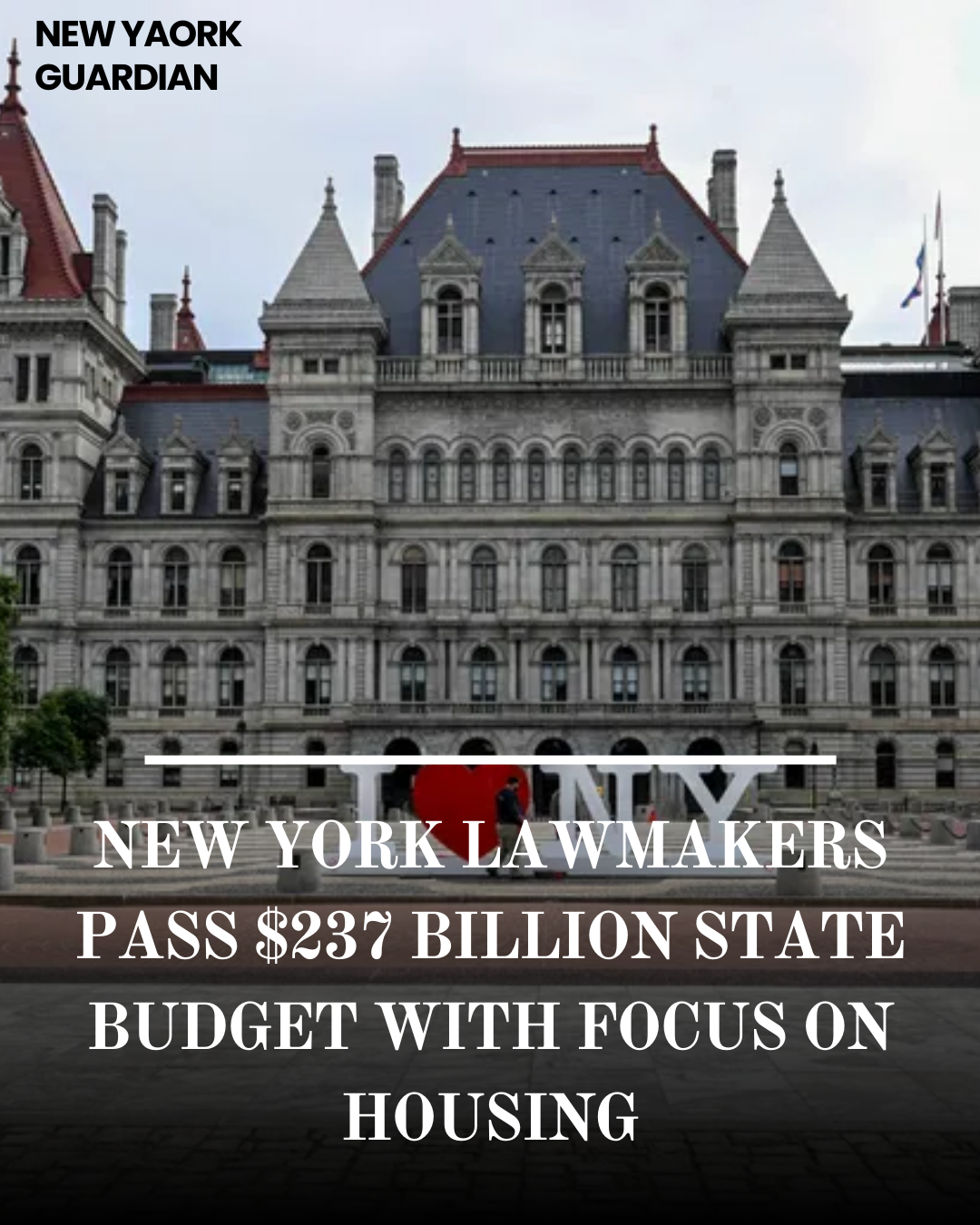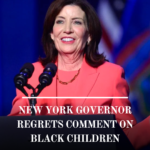New York lawmakers approved a $237 billion state budget over the weekend, featuring initiatives to revitalize the housing market and address other pressing issues.
The budget, which received final approval from the state Senate and Assembly, encompasses various measures, including reviving tax breaks for developers willing to offer affordable housing units within new constructions.
Advocates argue that these incentives are crucial for encouraging development, although critics contend they primarily benefit developers at tenants’ expense.
Tenant Protections and Progressive Advocacy:
Amid discussions surrounding the housing market, progressive lawmakers secured legislation providing tenants safeguards against excessive rent hikes and unjust evictions.
However, some advocates expressed dissatisfaction with the concessions made, criticizing the perceived influence of the real estate industry in shaping housing policy.
Crackdown on Unlicensed Marijuana Stores:
Another significant aspect of the budget addresses the proliferation of unlicensed cannabis storefronts in New York City.
Lawmakers introduced measures to empower local law enforcement to close down illicit dispensaries more efficiently, aiming to tackle the challenge posed by these unauthorized establishments.
Response to Influx of Migrants:
The budget allocates $2.4 billion towards addressing the needs of international migrants, particularly those overwhelming New York City’s homeless shelters.
This funding will support various services, including housing, legal aid, and healthcare, reflecting efforts to manage the impact of increased migration on the city’s resources.
Prison Closure and Cost Savings:
New York plans to expedite the closure of select state prisons in an effort to simplify operations and reduce expenditures.
This initiative comes amid a decline in the state’s prison population, with the closure of two dozen correctional facilities since 2011 resulting in significant annual savings.
Miscellaneous Measures:
The budget encompasses a range of additional provisions, such as offering paid time off for pregnancies, permitting New York City to lower speed limits, and expanding access to alcoholic beverages.
These measures include extending the pandemic-era policy of selling to-go alcoholic drinks and granting movie theaters the ability to sell hard liquor.





















